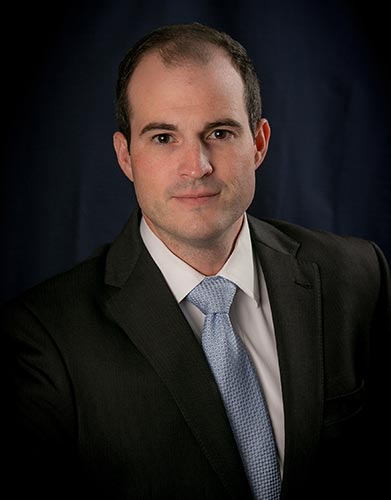- Joseph J. Hoffman, Jr.
- Kenneth A. DiMuzio, Sr.
- Ernest L. Alvino, Jr.
- Anooshay Asim
- Jeremiah J. Atkins
- Peter J. Bonfiglio III
- Vincent Campo
- James M. Carter
- Donald Caruthers, III
- Kenneth A. DiMuzio, Jr.
- Christine DiMuzio Sorochen
- Michael W. Glaze
- Leonard L. Grasso, Jr.
- Robert P. Grossman
- Joseph J. Hoffman, III
- Richard S. Hoffman, Jr.
- Ryan S. Hoffman
- Cristie R. Nastasi
- J. R. Powell
- Joseph J. Slachetka
- Charles J. Sprigman, Jr.
- James S. Taylor
- Robert J. Wiltsee
Today, Your Legal Corner will discuss “Discovering hidden assets in a divorce.”
Halloween is more than ” trick or treat.” As the weather cools, pumpkins become a favorite flavor in coffee, dessert and other dishes like pumpkin ravioli! Hayrides, scary movies and haunted houses give us a thrill as we prepare costumes for parties and Halloween night.
Halloween costumes and masks allow us to hide our true identity and pretend we are someone else. Similarly, in a divorce, what can be even more frightening are the spouses who decide to hide their true assets and pretend their financial picture is different than what it really is.
Equitable Distribution
Every divorce proceeding involves fairly distributing all the assets acquired during the course of a marriage in a process called equitable distribution. Before assets can be distributed, they must be identified in addition to the liabilities incurred during the marriage.
While this seems like a straightforward process, it can become increasingly difficult if one spouse attempts to hide assets acquired during the marriage. This situation often occurs when one spouse is primarily responsible for the finances during the marriage and takes advantage of the other spouses’ trust.
Discovery
The law imposes a duty of financial disclosure on spouses to a divorce. This means they must act in good faith in disclosing all financial holdings whether its bank accounts, personal or real property as well as the court required Case Information Statement (CIS), which lists a spouse’s financial information.
How can you determine whether a spouse has laid all their cards on the table? A spouse must take full advantage of the discovery tools available to them during the divorce proceedings.
Discovery is the portion of the divorce proceeding where a spouse can request information from the other side using various tools. This may include a demand for production of financial documents, requests for admission, interrogatories which are written questions inquiring about financial information. Through their attorney, a spouse can also subpoena financial documents that may give a more accurate picture of a spouse’ finances.
Electronic Discovery
We live in an increasingly electronic world. Everyone increasingly relies upon their computers and cellphones to conduct business, including financial transactions. Sometimes a spouse may put his or her account in someone else’s name but may still receive emails regarding that particular account.
In these situations, it may be necessary to hire a digital forensic examiner. A digital forensic examiner can extract data from all kinds of electronic devices. This may enable one to determine whether the other spouse has done a wire transfer or received payment from an online account such as PayPal for example.
Many of these mechanisms involve hiring experts to assist in the discovery process. However, because there is a cost involved in hiring an expert, a decision must be made as to whether the value of uncovering hidden assets justifies that cost.
If you are going through a divorce, decide whether your spouse is “masking” his true identity. If so, take the necessary steps to compel him or her to show their true identity.
Till next time, God bless, keep smiling, when Your Legal Corner, will discuss “Police motor vehicle stops.”
Victoria M. Dalton is an attorney with the law offices of Hoffman DiMuzio.
Send questions, or comments to Victoria at [email protected]. Or call 856-845-8243.
Please note that Your Legal Corner was created to provide educational articles about the law and is not legal advice.
Submitting this form does not create an attorney-client relationship, but a lawyer from our firm will contact you as soon as possible.


















